
Mr. Tran Minh Phat (4th from left) brought organic fertilizer products made from cajuput bark to the 2023 Agricultural Product Connection and Consumption Festival to introduce and promote.
Thanh Hoa district has a large area of cajuput trees in the province. This tree grows quite quickly, can withstand both acid sulfate soil and flooding. Cajuput wood is used to make piles in construction works, to make furniture, input materials for plywood production, etc. Cajuput bark is only used as fuel, most of it is thrown away everywhere, causing environmental pollution.
More than 2 years ago, realizing that the locality had a large source of cajuput bark but it was being wasted, Mr. Phat came up with the idea of making organic fertilizer from this "waste". However, when talking to some farmers, he received a lot of advice to stop him because cajuput bark when applied to plants would cause the roots to heat up, possibly killing the plants.
Not giving up, Mr. Phat continued to research and decided to invest in buying a cajuput bark shredder for 10 million VND. “I bought a cajuput bark shredder from Hanoi . The machine’s capacity can shred about 200kg/hour. After shredding, I compost the cajuput bark with chicken manure, cow manure or biological products for 4-6 months to create organic fertilizer. In addition, the shredded cajuput bark can be used immediately to replace coconut fiber, rice husk ash, and especially can be used as biological bedding in livestock farming,” said Mr. Phat.
Organic fertilizer made from cajuput bark has the effect of loosening the soil, improving the soil, helping plants grow well, increasing resistance and giving high yields. Currently, Mr. Phat has received many orders but cannot produce enough quantity to supply due to the new investment, so in the coming time, he will continue to improve equipment, expand production scale, helping farmers access cheap, environmentally friendly fertilizer sources.

Mr. Tran Minh Phat uses organic fertilizer made from cajuput bark to fertilize plants.
It is known that Mr. Phat's hometown is Dong Thap province, he has been living and working in Thanh Hoa district since 2011. Mr. Phat is currently an equipment employee at Thuy Dong Secondary School, Thanh Hoa district and lives in the school's teacher's house, so he does not have much time and space to produce organic fertilizer. Currently, he only produces for his own use and makes small orders.
“In the coming time, I will continue to research and improve product quality; at the same time, participate in consulting, orientation, logo design support, packaging and social media introduction,... to make the product popular and gain a foothold in the market” - Mr. Phat shared.
In current agricultural production, more and more farmers choose organic fertilizers made from agricultural by-products to fertilize crops instead of chemical fertilizers, aiming for clean, safe and sustainable production. Therefore, "turning" cajuput bark into organic fertilizer is considered a promising direction, both helping to bring economic efficiency and contributing to reducing environmental pollution./.
Wisdom
Source



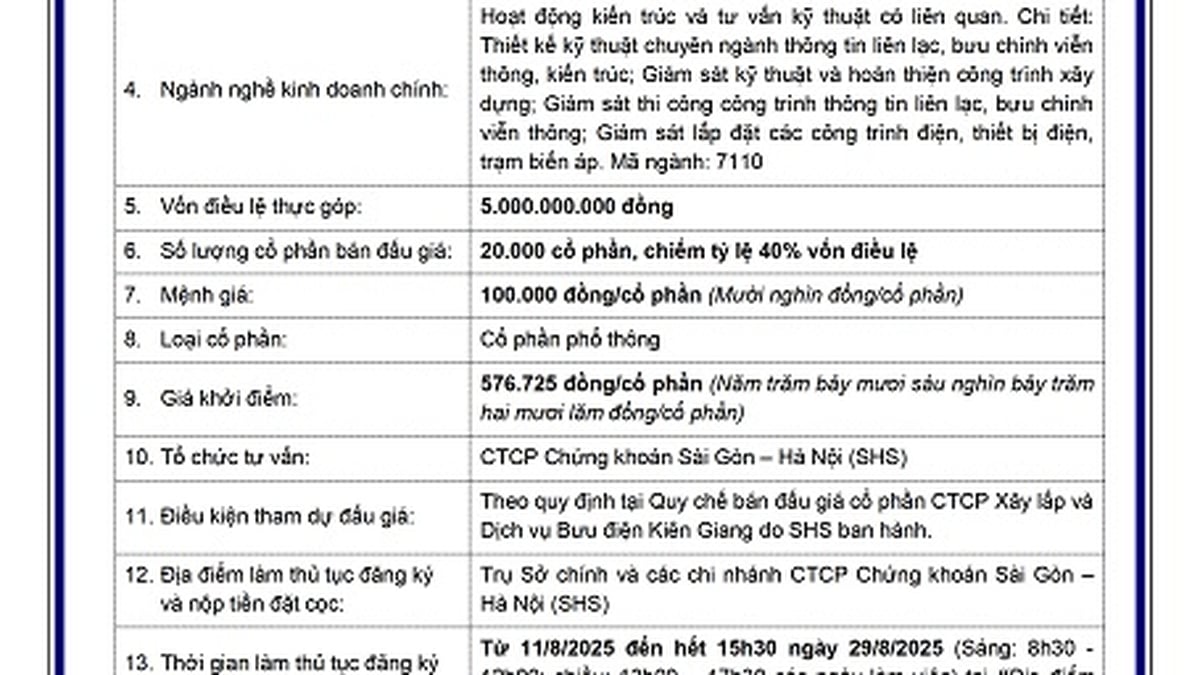
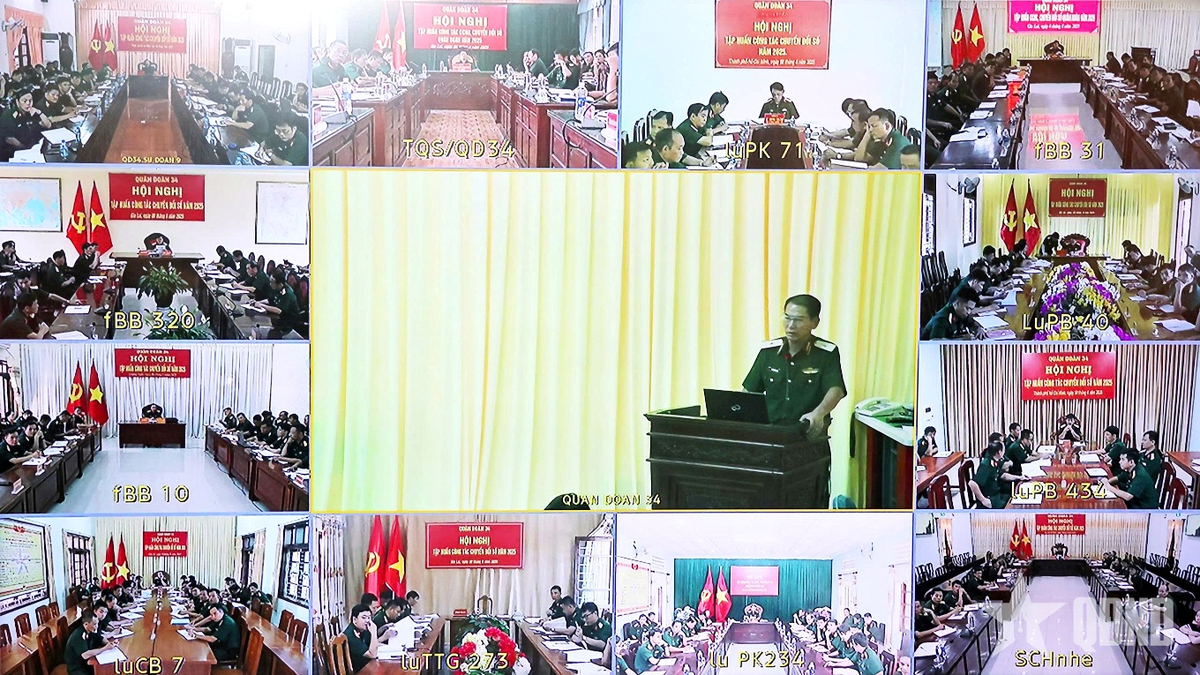



























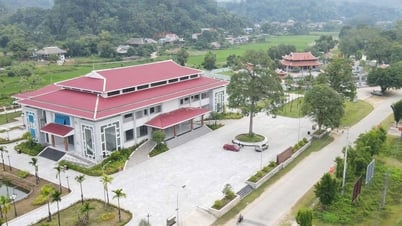

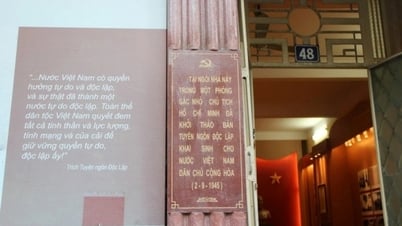

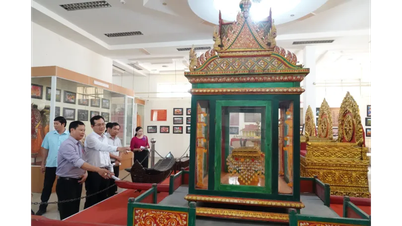



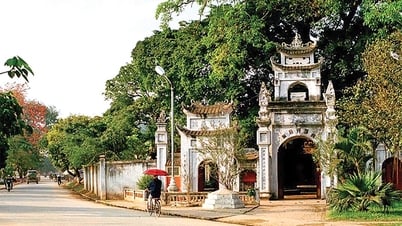


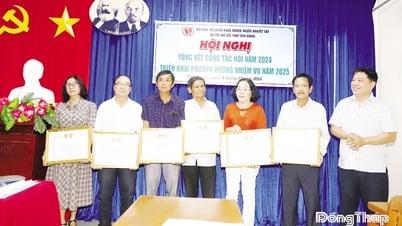



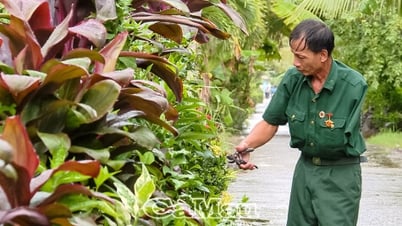









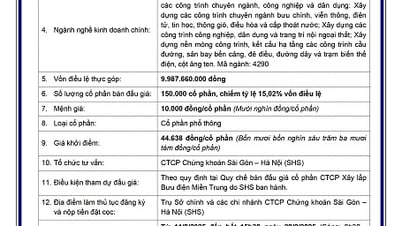
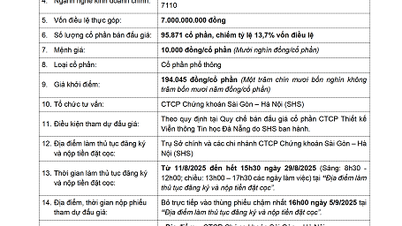

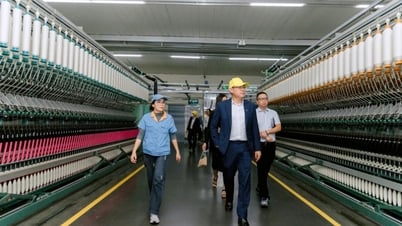










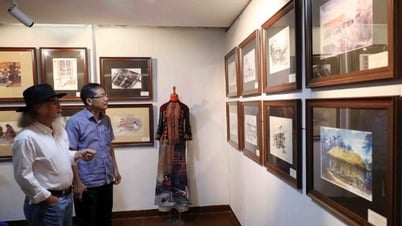


























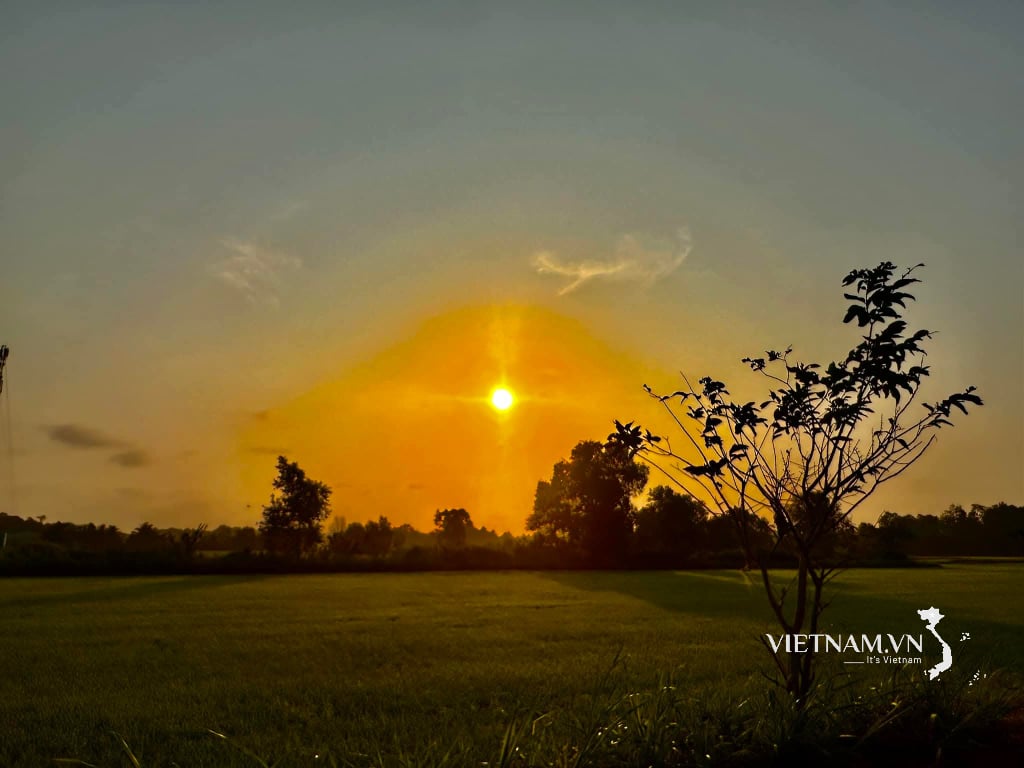
Comment (0)